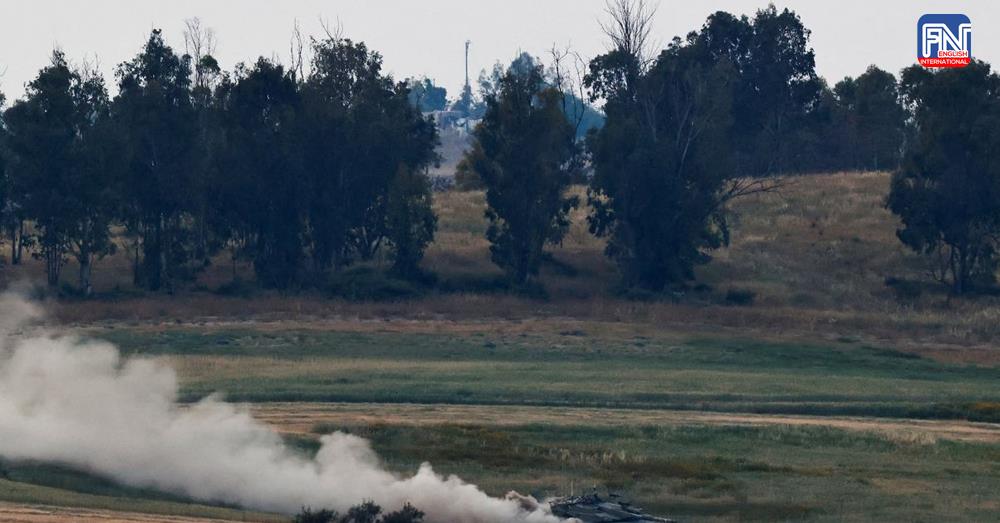CAIRO, Apr. 8 (Reuters) - Hamas rejected an Israeli ceasefire proposal made at talks in Cairo, a senior Hamas official said on Monday, and Israeli Prime Minister Benjamin Netanyahu said a date was set for an invasion of Rafah, Gaza's last refuge for displaced Palestinians.
Israel and Hamas sent teams to Egypt on Sunday for talks that included Qatari and Egyptian mediators as well as CIA Director William Burns.
Burn's presence underlined rising pressure from Israel's main ally the U.S. for a deal that would free Israeli hostages held in Gaza and get aid to Palestinian civilians left destitute by six months of conflict.
But senior Hamas official Ali Baraka told Reuters: "We reject the latest Israeli proposals that the Egyptian side informed us of. The politburo met today and decided this."
Another Hamas official had earlier told Reuters that no progress had been made in the negotiations.
"There is no change in the position of the occupation (Israel) and therefore, there is nothing new in the Cairo talks," the Hamas official, who asked not to be identified, told Reuters. "There is no progress yet."
Details of the proposal were not immediately known.
In Jerusalem on Monday, a day after Israeli forces pulled back from some areas of southern Gaza, Netanyahu said he had received a detailed report on the talks in Cairo.
"We are constantly working to achieve our goals, first and foremost the release of all our hostages and achieving a complete victory over Hamas," Netanyahu said.
"This victory requires entry into Rafah and the elimination of the terrorist battalions there. It will happen - there is a date." He did not specify the date.
Rafah is the last refuge for Palestinian civilians displaced by relentless Israeli bombardments that have flattened their home neighbourhoods. It is also the last significant redoubt of Hamas combat units, Israel says.
More than one million people are crammed into the southern city in desperate conditions, short of food, water and shelter, and foreign governments and organisations have urged Israel against storming Rafah for fears of a bloodbath.
Hundreds of residents who had been living in tents in Rafah ventured back to their devastated home areas on Monday following the Israeli pullback. Some rode on donkey carts, rickshaws and open-deck vehicles while some just walked.
"It is a shock, a shock ... the destruction is unbearable," said resident Mohammed Abou Diab. "I am going to my house and I know that it is destroyed. I am going to remove the rubble to get a shirt out," he added.
Palestinian medical officials said their teams had recovered more than 80 bodies from areas where the soldiers operated in the past months.
Western powers have voiced concern over the high Palestinian civilian death toll and the humanitarian crisis arising from Israel's military onslaught to destroy Hamas in the densely populated Gaza Strip.
Some 33,207 Palestinians have been killed in six months of conflict, Gaza's health ministry said in an update on Monday. Most of the enclave's 2.3 million people are homeless and many at risk of famine.
Hamas killed 1,200 people in southern Israel in the cross-border attack on Oct. 7 that triggered the conflict, according to Israeli tallies. The Israeli army says over 600 of its soldiers have been killed in combat since.
